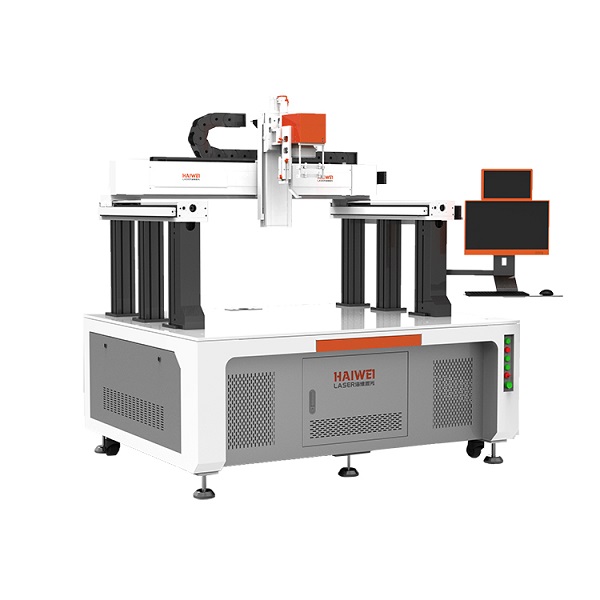Lithium Battery Laser Welding Machine: Achieving Reliable Weld Quality
For manufacturers of new energy lithium batteries, consistent and reliable weld quality is essential for performance, safety, and longevity. The lithium battery laser welding machine plays a central role in this process, especially in cell-to-pack (CTP) and module assembly. Understanding how to achieve dependable results helps in selecting and operating the right system.

Stable Beam Output Ensures Consistent Penetration
A high-quality lithium battery laser welding machine uses a fiber laser source with excellent beam stability. This ensures uniform energy distribution at the focal point, leading to consistent weld depth and minimal porosity. Fluctuations in beam quality can cause incomplete fusion or spatter, which compromise joint strength.
Precise Control Over Pulse Parameters
Reliable welding requires fine-tuned control over pulse shape, duration, and frequency. Modern machines allow users to adjust these parameters based on material type—such as aluminum, copper, or nickel-plated steel. For example, a multi-stage pulse profile can reduce splash during tab welding, improving both appearance and electrical conductivity.
Integration with Fixturing and Monitoring Systems
Even the best lithium battery laser welding machine depends on proper part alignment. Using precision jigs and automated clamping ensures repeatable positioning. Adding real-time monitoring—such as seam tracking or melt pool detection—helps identify deviations early, reducing scrap rates.
Thermal Management for Sensitive Components
Battery components are heat-sensitive. The laser system must deliver enough energy to create a strong bond while minimizing heat input. Proper parameter setup and the use of shielding gas (like argon) help control thermal stress and prevent damage to nearby seals or insulation.
Process Validation and Traceability
To maintain reliability, each weld should be traceable. Linking welding parameters to serial numbers allows full process validation, which is increasingly required in automotive and energy storage markets.
By focusing on beam quality, parameter control, and system integration, a lithium battery laser welding machine can deliver consistently strong, clean welds essential for high-performance new energy lithium batteries.
Recent Posts
- What are the advantages of laser welding machines in lithium battery pack production lines?
- What issues should be noted when choosing a lithium battery pack production line?
- Quality Inspection and Control of Lithium Battery Module Pack Production Line
- Cell grouping and sorting process in lithium battery module pack production line
- What are the safety hazards of lithium battery pack production lines and how can they be prevented?
INQUIRY

